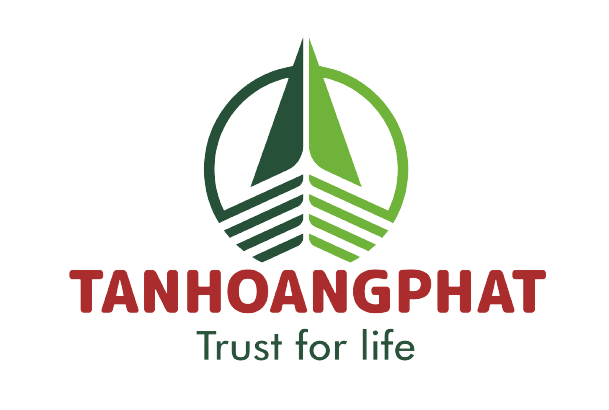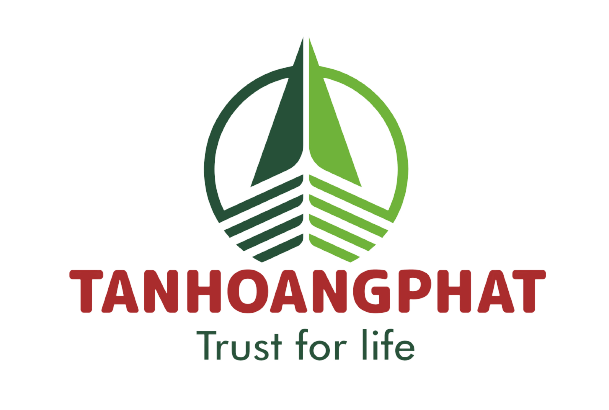Research consistently shows that positive family relationships and supportive social circles are closely tied to successful recovery outcomes. The positive emotional and psychological effects of social support can also translate into better physical health. Reduced stress and healthier lifestyle choices made within a supportive community all contribute to a better mind, body, and spirit.
step programs
The journey towards sobriety in addiction recovery is often bolstered significantly by the presence and involvement of a supportive family. This section delves into how “Family Support on Sobriety” plays a critical role in enhancing the effectiveness of addiction recovery efforts and the overall well-being of the individual in recovery. CRAFT (discussed above; Smith & Meyers, 2007) is a provider-delivered intervention sometimes advertised as effective for improving the personal well-being of parents of youth, or spouses of adults, with SUD. However, few studies have rigorously examined CRAFT impacts on the wellness of significant others (Archer et al., 2020), and findings to date are mixed (e.g., Bischof et al., 2016; Kirby et al., 2017). The field would benefit from additional research on CRAFT and other professional approaches for addressing stress and coping mechanisms, behavioral health problems, and general wellness among family members affected by youth SUD.
Dysfunctional Roles Family Members Play In An Active Addiction
- Community Reinforcement and Family Training (CRAFT) is a skills-based program for families of loved ones facing drug and alcohol abuse but not ready to receive help.
- The positive emotional and psychological effects of social support can also translate into better physical health.
- AA members typically attend face-to-face meetings where members share their experiences and discuss their progress through the steps.
- Family members also play a vital role in providing practical assistance throughout the recovery journey.
- These resources may include access to support groups, educational workshops, counseling services, and relapse prevention strategies.
- This support helps individuals address root causes and develop emotional strength for sustainable recovery.
- Tele-intervention’s low-cost remote delivery allows increased reach to groups with traditionally limited access to SUD services, which can reduce troubling disparities for underserved areas and populations (Gros et al., 2013).
In other cases, neither youth nor caregivers successfully engage with a provider during routine outreach procedures for SUD services. One evidence-based model for enhancing engagement in this scenario is Strategic Structural Systems Engagement (Szapocznik et al., 1988), which was developed on samples of high-risk youth. Addiction and mental health disorders have effects that extend far beyond the individual, and you may have spent a great deal of time feeling exhausted, resentful, angry, worried, or depressed. You may also have developed some unhealthy ways of adjusting to the changes addiction has created in your life.
Can support groups replace 12-step programs?
This accountability fosters a sense of responsibility and commitment to the recovery journey. Identifying the people in your support system is a vital part of relapse prevention planning. Having a trusted circle of people who believe in you and offer non-judgmental support provides a safety net when you face challenges or setbacks. This sense of security in times of need can significantly reduce your chances of backsliding. Poor social support, on the other hand, is linked to a higher risk of mental health conditions3 like anxiety and depression.
The Role of Family Support in Addiction Recovery
Provisional data from the Centers for Disease Control and Prevention (CDC) for 2022 is predicting another year of over 100,000 overdose deaths from drugs in the United States. Remember, your involvement and support as a family can be a pivotal force in the journey towards recovery. Embracing this role with compassion, understanding, and informed action can lead to a more positive and sustainable path forward for your loved one. When you begin your journey toward recovery, your family members may also need the support of mental health professionals. Both substance use disorder and alcohol use disorder are diagnosable mental health conditions listed in the family support in addiction recovery Diagnostic and Statistical Manual of Mental Disorders, 5th Edition (DSM-5). Luckily, there are substance misuse rehab programs that treat the whole family, not just the person with the SUD.
- In these cases, you may be able to support your family member with regular phone, Skype, or Facetime calls.
- Remember, taking care of yourself is not selfish; it’s essential to be able to provide effective support to your loved one in their recovery journey.
- John Burke, co-owner of Honu House Hawaii, underscores the vital role of family support in addiction recovery, leveraging his deep expertise in holistic healing.
- These roles have been named many things, and this is a version of what they are and how they play out.
Enhanced Coping Skills
By this stage family members with enabling behaviors, if they’re not getting support on their own, may become weary of the lack of attention from the person living with alcohol use disorder who is busy trying to gain support to stay sober. Clinical assessment is meant to inform treatment planning and intervention delivery for each client. Instead of enabling your loved one’s substance use by helping them avoid the consequences, you can motivate them to make better choices by consistently bringing up the issue of treatment and creating healthy boundaries for yourself. Many of the groups mentioned above, especially Codependents Anonymous, can help you learn the difference between helping and enabling and provide tips on creating healthy boundaries.
If you or someone you love is struggling with addiction, True Life Recovery can support you on the path to healing and a brighter future. This paper presents the protocol for a scoping review of family practices in addiction treatment. Ethics approval is not necessary as the data are collected from publicly available sources. This review will advance knowledge on the ways family members are involved in treatment when a significant other has a substance use or gambling problem.


